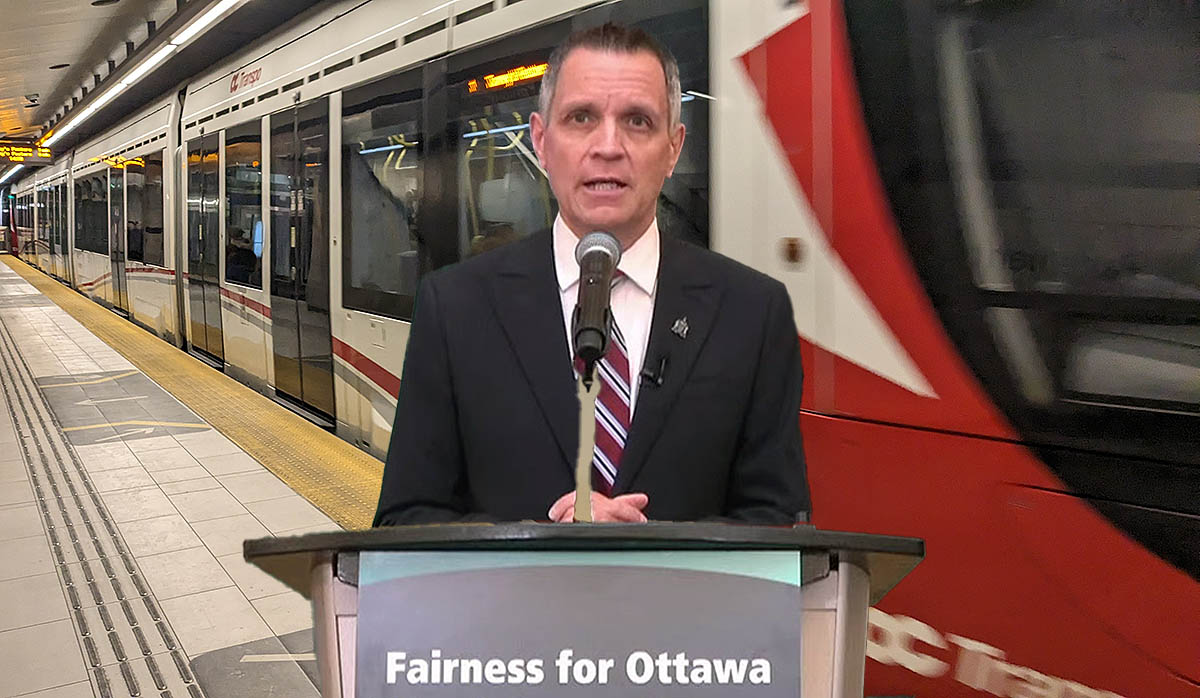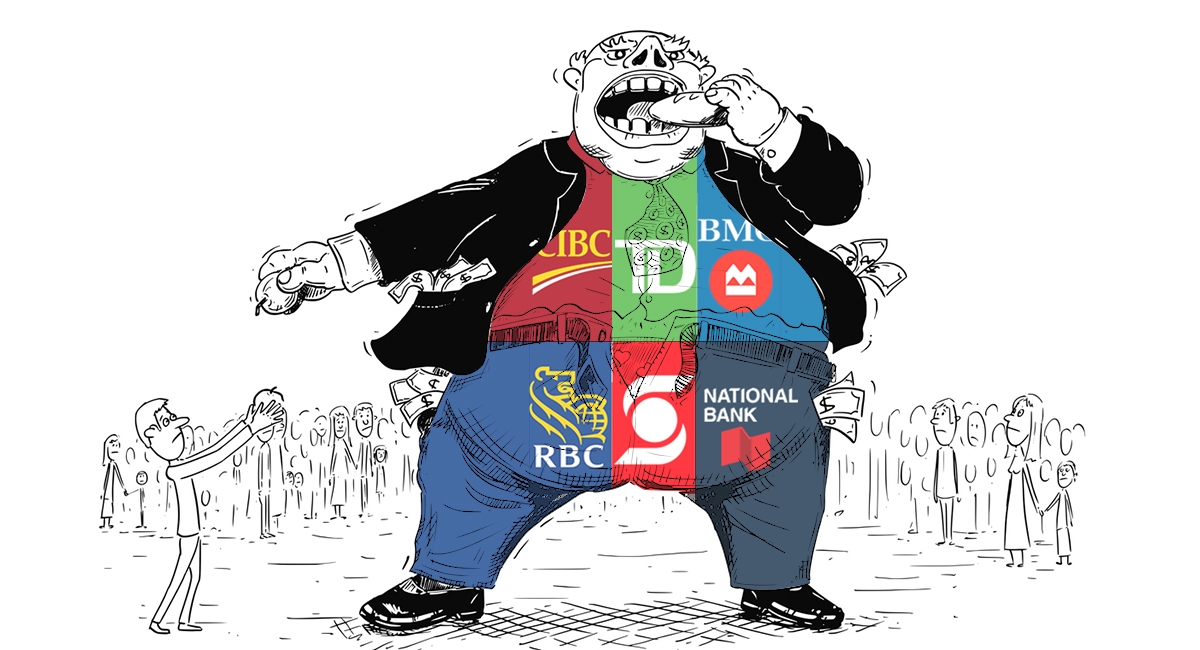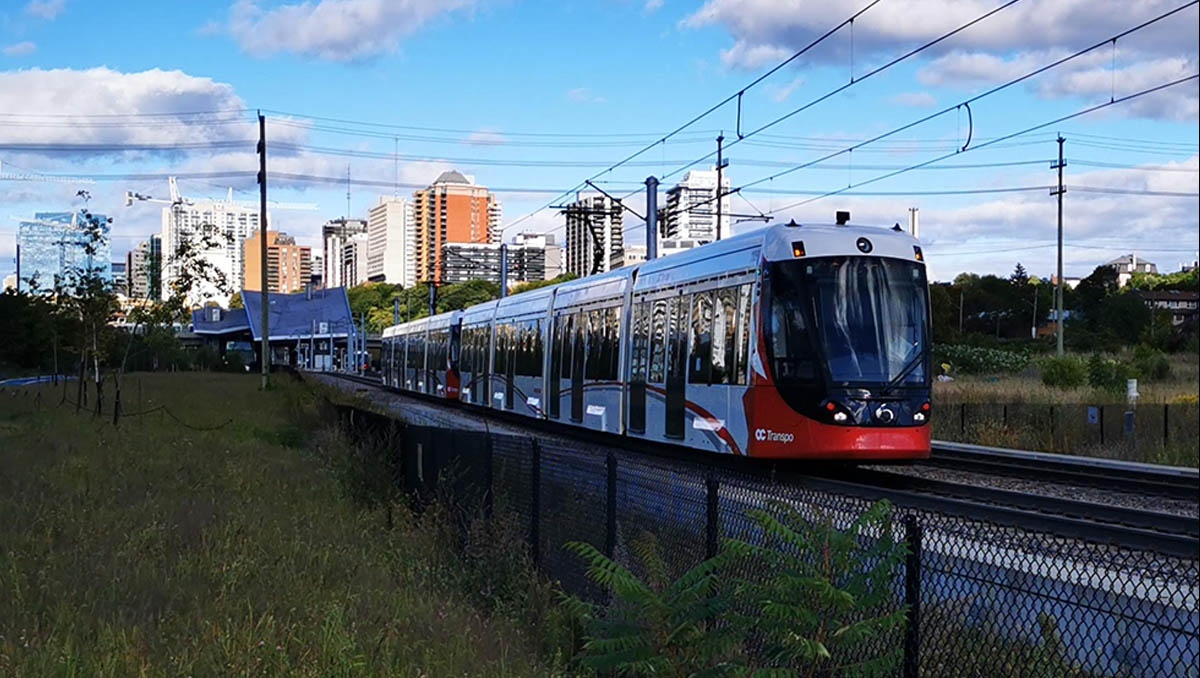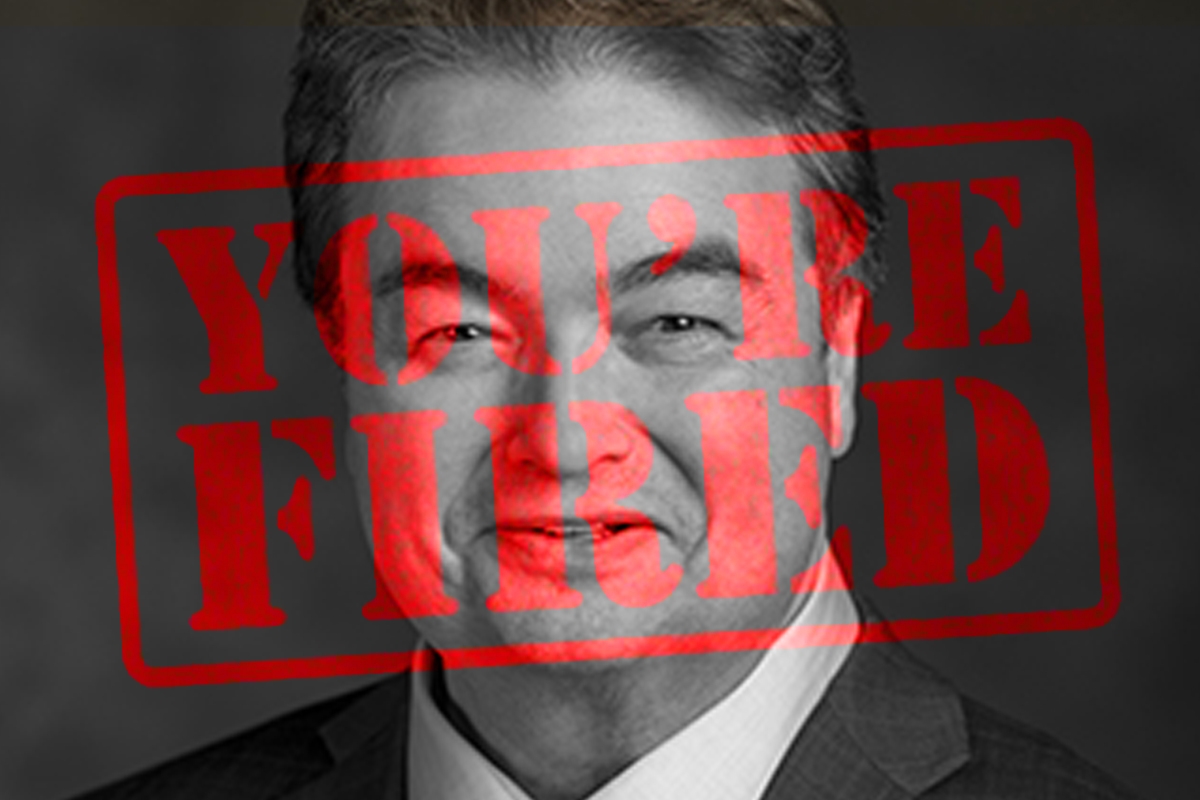
Credit Where Credit Is Due for Mayor Mark Sutcliffe
When Mayor Sutcliffe launched the Fairness for Ottawa campaign last summer, it seemed like the attempt of a relatively new mayor to shift his city’s financial problems onto the provincial and federal governments. His argument was that the federal government’s PILTs were too low, causing a financial shortfall.
Sutcliffe took office with a broken public transit system, and while OC Transpo continues to fail to meet public expectations for service delivery, he was right about one thing: other LRT and train systems in the province are run through Metrolinx or funded largely by the Ontario government.
This week, Premier Doug Ford completely reversed his position on Ottawa’s LRT system. In July 2023, Ford stated he would not provide any further funding for Stage Three of the Trillium Line until the current system’s problems were resolved and all 100 recommendations from the inquiry into its failures were implemented. That left Sutcliffe in a precarious position—too cash-strapped to fix the issues while also being required to do so to complete the system. It was a classic sunk-cost catch-22 that would be a nightmare for any municipal politician.
Yet, this week at a press conference, Ford announced that if re-elected, he would upload responsibility for the LRT system to the province and Metrolinx, the Crown corporation that manages public transit for the GTA and Hamilton. The investment would total $4 billion over 30 years, amounting to approximately $133 million per year—just $7 million shy of the $140 million annual funding Sutcliffe sought through Fairness for Ottawa.
Does this promise have the scent of political opportunism on Ford’s part? Absolutely. The City of Ottawa is far from a PC stronghold. Downtown has always been a two-way race between the Liberals and the NDP. Orleans in the east leans Liberal, and Nepean is now up for grabs. Longtime Conservative MPP Lisa MacLeod is not running, and her previous 2022 challenger, Liberal candidate Tyler Watt, came within 2,000 votes of her last election. Ford is looking for something that will appeal to Ottawa voters. Similarly, he has promised to eliminate tolls on the 407 for GTA drivers, knowing that traffic congestion is a major concern for voters there.
While polling suggests Ford is heading toward an easy re-election, his Liberal rival, Bonnie Crombie, is taking note. Currently leading in the popular vote but not in seat projections, the former Mississauga mayor has said that if elected, she too will back uploading responsibility for Ottawa’s LRT to the province, though without integrating it into Metrolinx.
Metrolinx as a system, however, is generally efficient, supporting 240,000 commuters daily as of Q3 2024. The Toronto GO Transit network, managed by Metrolinx, spans an area from Barrie to Oshawa to Niagara Falls. While its bus services are entirely dependent on traffic congestion, its trains operate efficiently. Metrolinx has also outsourced GO Train backroom operations to the German firm Deutsche Bahn, which has strengthened its operational reliability. Ottawa’s LRT would likely benefit from this oversight and management style, as OC Transpo General Manager Renée Amilcar has repeatedly demonstrated that she is not the right person to be dealing with Rideau Transit Group and Rideau Transit Maintenance. The Crown Corporation, on the other hand, may be a good solution.
Although this publication has been critical of Mayor Sutcliffe over the past two years, credit is deserved where credit is due. The mayor successfully turned municipal financial issues and transit concerns into a provincial election issue by raising awareness of Ottawa’s budgetary shortfalls.
With two of the three major party leaders promising to take over responsibility for Ottawa’s struggling LRT, Sutcliffe can begin to focus on other municipal issues that require the capital the city has been lacking. These include addressing Ottawa’s housing and homelessness shortages, improving road infrastructure, upgrading public spaces, and perhaps most critically for transit, overhauling the city’s bus system, which has been failing to meet service demands for years.











